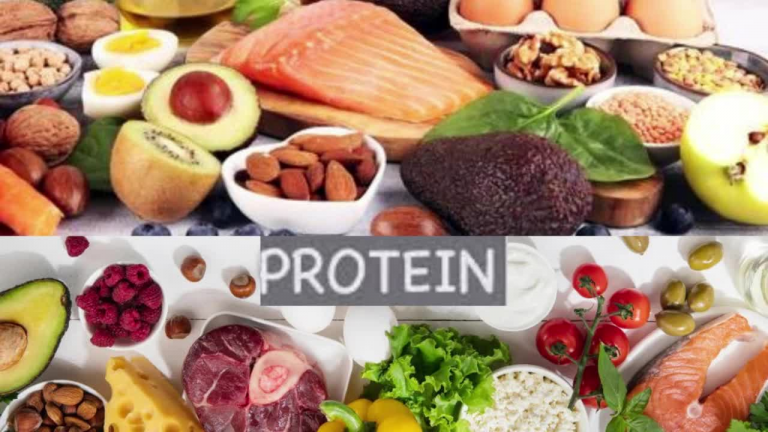What Happens if You Eat Plenty of Potassium?

How would it make your health optimal? I understand other vitamins and minerals are important too.
Potassium is an essential mineral that plays a vital role in many bodily functions. It is necessary for maintaining healthy blood pressure, regulating the balance of fluids in the body, supporting nerve and muscle function, and assisting with the metabolism of carbohydrates and proteins.
Eating plenty of potassium-rich foods, such as fruits, vegetables, whole grains, and legumes, can have a number of health benefits. Here are some ways that consuming adequate potassium can optimize your health:
Blood pressure regulation: Potassium can help lower blood pressure by counteracting the effects of sodium, a mineral that can raise blood pressure when consumed in excess. Eating a diet rich in potassium can help to reduce the risk of hypertension and related health problems.
Heart health: Potassium is important for maintaining a healthy heart rhythm and preventing heart disease. Research has shown that consuming adequate potassium may help to reduce the risk of heart disease, stroke, and other cardiovascular problems.
Muscle and nerve function: Potassium is essential for proper nerve and muscle function. Consuming enough potassium can help to prevent muscle weakness, cramping, and other related problems.
Bone health: Potassium is also important for bone health. Adequate intake of potassium may help to reduce the risk of osteoporosis and related conditions.
However, it is important to note that consuming excessive amounts of potassium can also have negative health effects, such as causing kidney problems, muscle weakness, and an irregular heartbeat. As with all vitamins and minerals, it’s important to consume potassium in moderation and as part of a balanced diet that includes other important nutrients.



